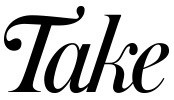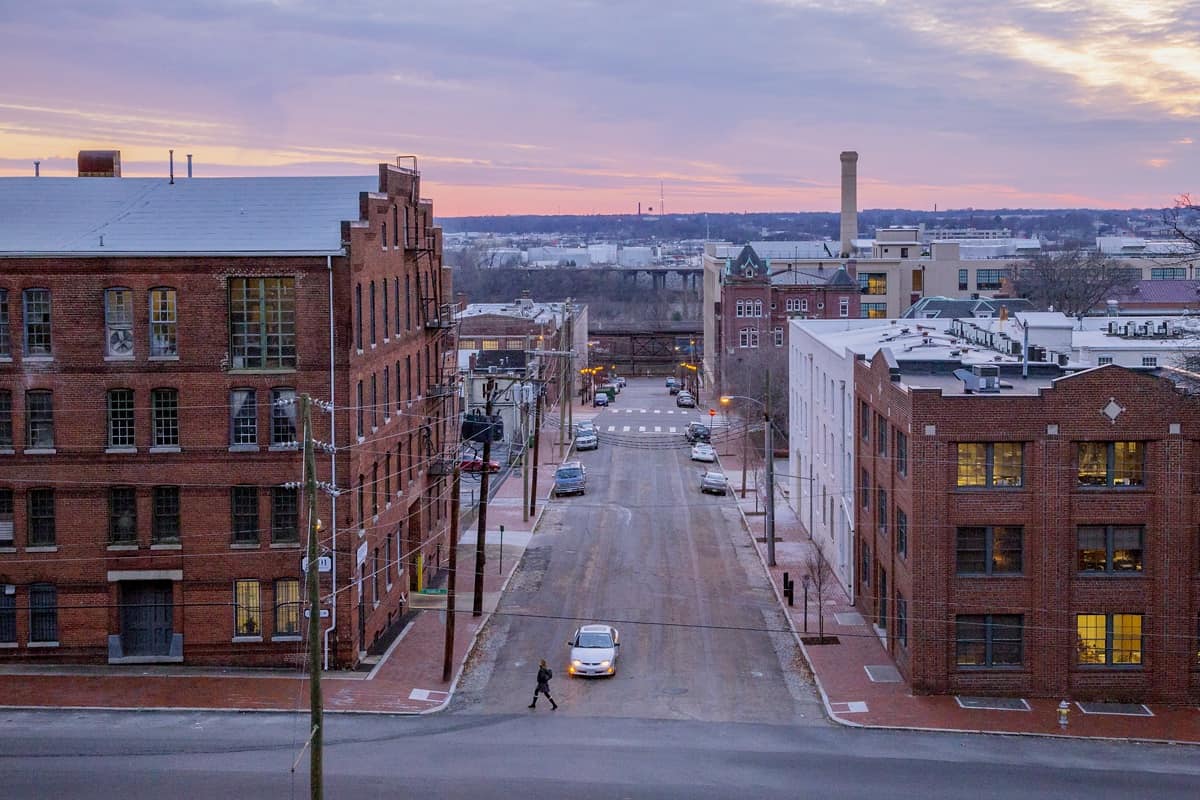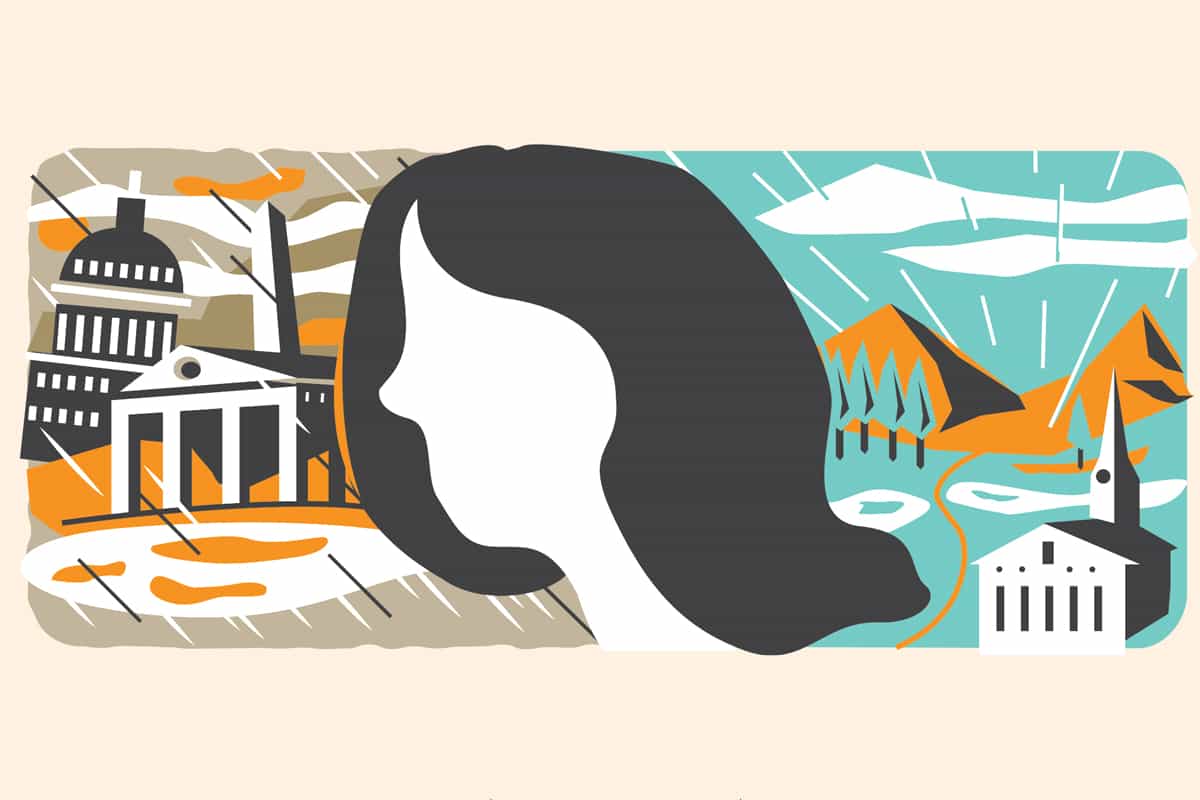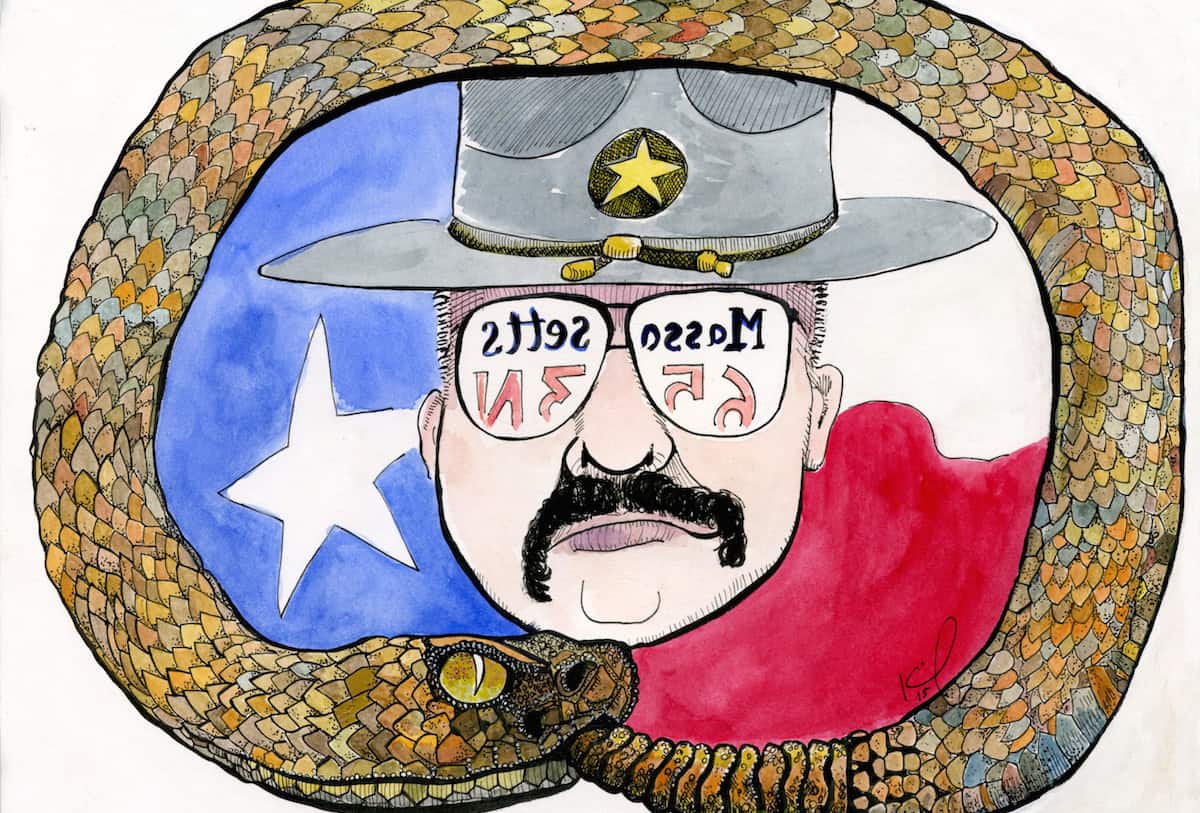Cable Neuhaus looks back on his time, his work and some of the people in New England.
Like a rogue wave, New England swept upon me suddenly. One moment I was holed up in my Pittsburgh house, writing, and the next I was a sorta-kinda Bostonian. Or so it seemed.
I had never once considered relocating to “God’s country,” as my then Pittsburgh auto mechanic referred to New England, and I had no idea, some thirty-three years ago, how profoundly the place would rewrite my worldview.
Looking back, I imagine the initiating moment as a scene in a B-level film.
FADE IN: Another gray autumn afternoon in western Pennsylvania, where I have been a magazine writer for some years. I’m tapping away on a portable computer. The phone rings. It’s a New York editor with a startling proposition: Would I like to be People magazine’s bureau chief in Boston? “What?! I’ve never even been to Boston,” I blurt. “Then go visit,” she says. “This weekend.” FADE TO BLACK.
Days later, I landed at Logan and cabbed it to Newbury Street. A brutish fellow and his bulbous pet rat were amusing passersby at an intersection. Fluttering pennants promoted exhibitions and events around town. “Whoa!,” I said to myself. How could anyone possibly resist Boston?
I didn’t. For nearly eight years it served as an ideal base for my ascendant career as a journalist. Eventually I moved on, to posts in Los Angeles and New York City (where I mainly covered the entertainment industry), but only because my employer, Time Inc., asked me to go.
When I flew out of Boston for the last time, mid-summer of 1990, the glitter of L.A. beckoned. It was an exciting moment, but I recognized too that New England’s subtle and decidedly unglamorous charms, the very language of the place, had left an indelible mark. I had a clearer view of what really mattered: things that endure.
Now, I live in ever-changing South Florida. I still write. And yes, as I had expected, I miss most everything about New England — the landscape, the crispness of its autumn air, the people.

Photograph by Henry Amistadi
It was just the other day, actually, that the mail brought a signed book from newly minted author and brewmaster extraordinaire Jim Koch. Jim just wanted to say thanks for helping put his now-ubiquitous Samuel Adams beer “on the map,” as he scribbled on the title page of his autobiography. Koch is illustrative of the extraordinary New Englanders about whom I often wrote during my tenure there: wickedly brilliant, real, quirky, modest.
That was particularly true of the literary set. I have long believed that the region’s core identity is framed by its abundance of remarkable writers, nurtured across generations. Fortunately, as a magazine journalist, I had extraordinary access to these talents.
Stephen King once allowed me to hang in his Bangor office as he wrote (two books simultaneously — of course!). William Shirer, the famed World War II historian, took me to his favorite lunch hangout. William Kotzwinkle, who novelized E.T. – the Extraterrestrial, demonstrated proper technique for howling beneath a full moon. Annie Dillard, the Pulitzer Prize-winning essayist, walked me through the woods to her writing shed in Wellfleet. And on and on. Only Sue Miller, the bestselling novelist, refused me the privilege of visiting her work space, in Cambridge.
Once, I had been scheduled to interview Norman Mailer in his Provincetown home. Something went suddenly amiss, however, and the meeting was scrubbed — a huge relief to me. That was a figure who intimidated.
These days, people likely know me best for my editorial stints in Los Angeles and New York. When they learn I once lived in Boston, they sometimes ask, “How do you compare those cities?”
You can’t. Maybe you shouldn’t. But I try. In most of New England, I found, folks respectfully decline to make a fuss over anything, not even their internationally celebrated authors. In L.A., people make a fuss over everything, including second-rate sitcom writers. And in New York, there’s little use making a fuss because no one will give a damn.
I would venture a guess that there were more “celebrities” in my L.A. neighborhood than reside in all of Greater Boston (even now). Fortunately, and while it may be a well-kept secret, most Angelenos, deep in their vain little hearts, understand that fame is fizz. It’s just that they love fizz.
In New England, on the other hand, whatever matters — lighthouses, the Red Sox, the architecture, and of course the writers — has formidable staying power, in the style of a novel that gathers import as it rolls along.
In hindsight, what I think now, and what I am grateful for, is that New England is fundamentally, artfully, everlastingly about what’s writ small, yet lingers.
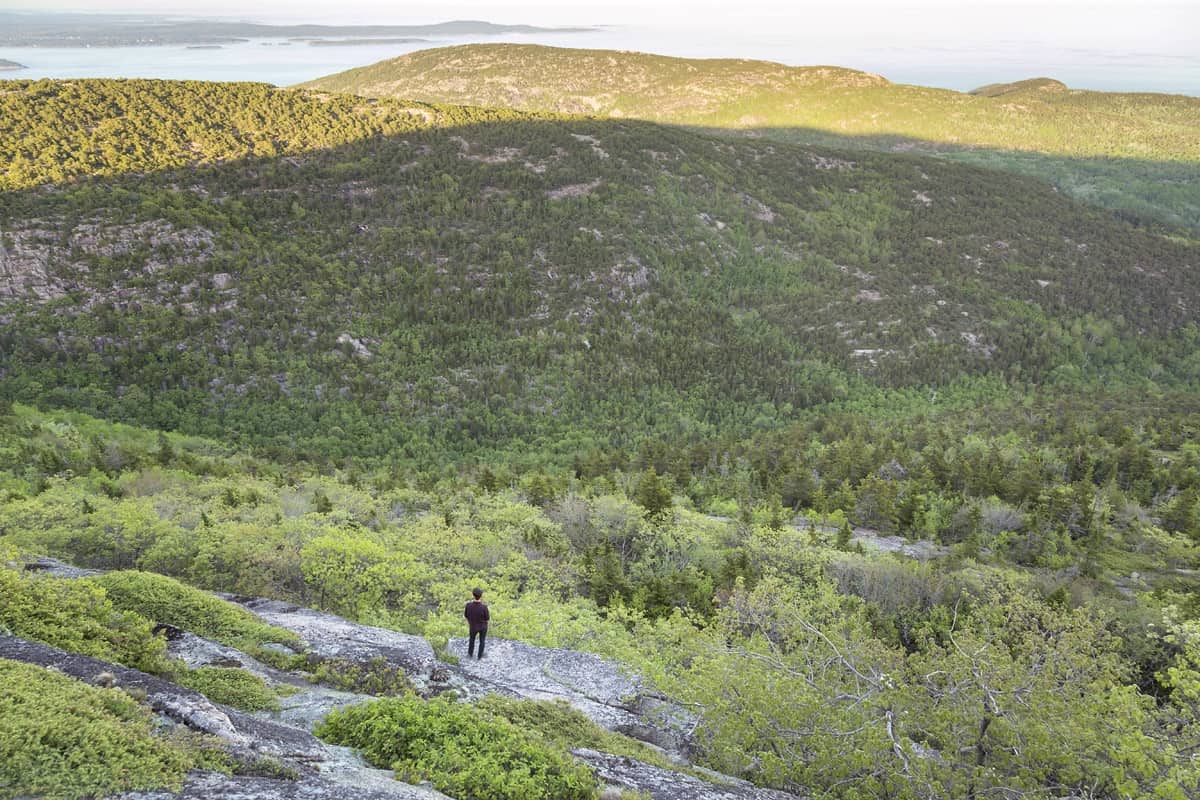
Photograph by Henry Amistadi
